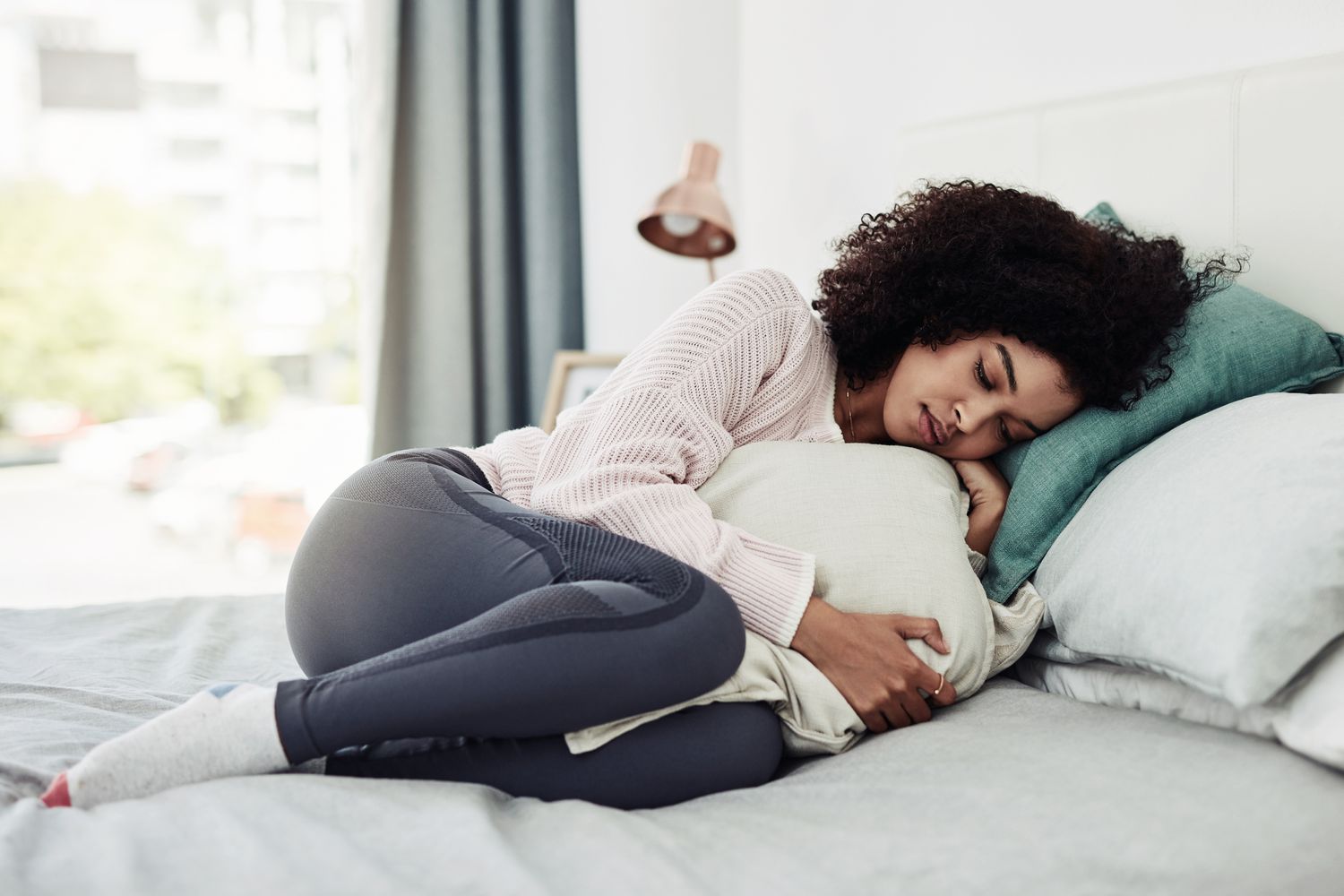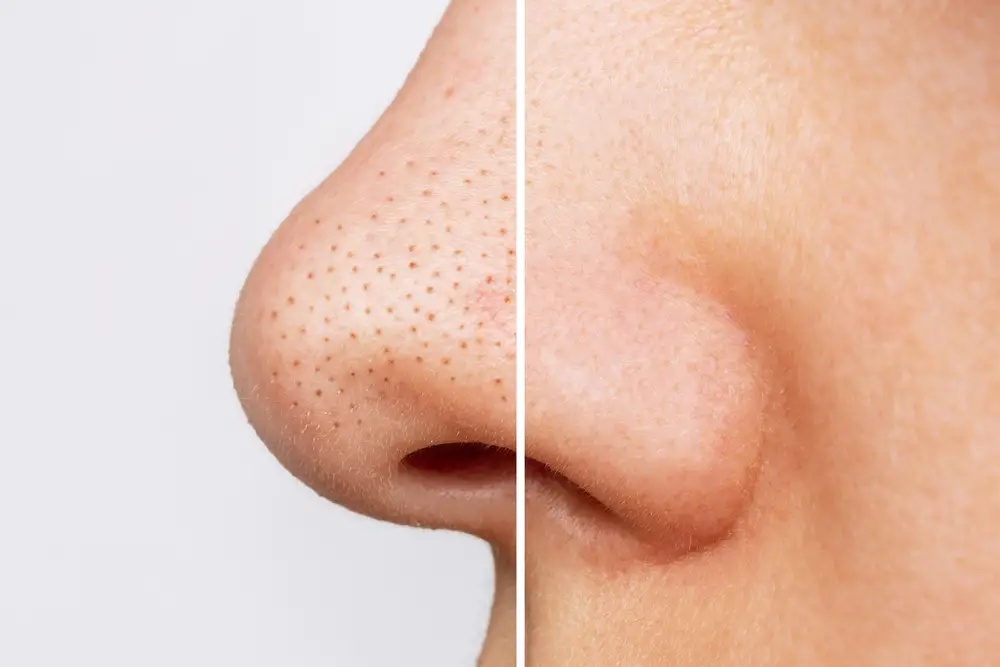Banish Menstrual Pain: Effective Remedies for Quick Relief
Menstrual pain can be a real hassle, affecting millions of women worldwide every month. But fear not, there are effective remedies to help alleviate the discomfort and get you back to feeling like yourself in no time. From simple lifestyle changes and dietary adjustments to herbal treatments and over-the-counter medications, there are various options to consider. Additionally, incorporating exercise and physical therapy into your routine can also make a significant difference. However, it’s essential to know when it’s time to seek professional help. In this post, we’ll explore these remedies in detail to help banish menstrual pain for good.
Understanding Menstrual Pain
Menstrual pain, also known as dysmenorrhea, refers to the crampy, lower abdominal pain that occurs before or during menstruation. It is a common issue for many women and can vary in intensity from mild discomfort to debilitating pain. Understanding the nature of menstrual pain is the first step in finding an effective menstrual pain remedy. Here are a few key points to consider:
-
Types of Menstrual Pain:
- Primary dysmenorrhea is the most common type and is caused by the normal uterine contractions to expel the uterine lining.
- Secondary dysmenorrhea is less common and is usually the result of an underlying gynecological condition, such as endometriosis or fibroids.
-
Symptoms:
- Cramping in the lower abdomen
- Dull or throbbing pain
- Backache and leg pain
- Nausea and vomiting
- Diarrhea or constipation
-
Impact on Daily Life:
It’s important to note that severe menstrual pain can significantly disrupt daily activities, work, and social life. Understanding these impacts can help in choosing the right menstrual pain remedy.
By understanding the different aspects of menstrual pain, individuals can better identify the most suitable remedies for quick relief.
Lifestyle Changes for Relief
When it comes to finding a menstrual pain remedy, making some simple lifestyle changes can go a long way in providing relief. Here are some effective lifestyle adjustments to consider:
-
Healthy Sleep Habits: Ensure you get plenty of rest and aim for 7-9 hours of quality sleep each night. Lack of sleep can exacerbate menstrual pain.
-
Stress Management: Chronic stress can intensify menstrual pain, so incorporating stress-reducing activities like yoga, meditation, or deep breathing exercises can be beneficial.
-
Regular Exercise: Engaging in regular physical activity can help relieve menstrual pain by releasing endorphins, which are natural painkillers. Consider activities like walking, swimming, or cycling.
-
Heat Therapy: Applying heat to your lower abdomen can provide relief from menstrual pain. A warm bath, heating pad, or hot water bottle can all help alleviate discomfort.
Making these lifestyle changes can significantly reduce the intensity of menstrual pain and improve your overall well-being. Remember to consult with a healthcare professional before making any significant changes to your routine.
Dietary Remedies
When it comes to finding a natural menstrual pain remedy, making small adjustments to your diet can make a big difference. Dietary remedies can help alleviate discomfort and reduce the severity of cramps. Here are some effective dietary remedies to consider:
- Magnesium-Rich Foods: Incorporating magnesium-rich foods like leafy greens, nuts, seeds, and whole grains into your diet can help relax muscles and ease menstrual pain.
- Omega-3 Fatty Acids: Consuming foods high in omega-3 fatty acids such as salmon, chia seeds, and flaxseeds can help reduce inflammation and alleviate menstrual pain.
- Calcium Sources: Increasing your intake of calcium through dairy products, fortified plant milks, and leafy green vegetables can help ease muscle tension and reduce cramping.
- Avoiding Trigger Foods: Steering clear of foods high in sugar, caffeine, and salt can help minimize bloating and discomfort associated with menstrual pain.
By incorporating these dietary remedies into your lifestyle, you can potentially find relief from menstrual pain without resorting to over-the-counter medications or herbal treatments. Always remember to listen to your body’s needs and make adjustments that work best for you.
Keep in mind that these dietary changes may not provide immediate relief, but over time, they can contribute to reducing the intensity of menstrual pain. It’s important to complement dietary remedies with other lifestyle changes for maximum effectiveness.
Herbal Treatments
When it comes to finding natural relief from menstrual pain, herbal treatments can be a great option. Here are some effective herbal remedies to consider:
-
Ginger: Known for its anti-inflammatory properties, ginger can help alleviate menstrual pain. Consider drinking ginger tea or adding it to your meals.
-
Chamomile: This soothing herb has been used for centuries to relieve menstrual cramps. Enjoy a cup of chamomile tea to ease discomfort.
-
Lavender: Aromatherapy with lavender essential oil can help relax muscles and reduce the intensity of menstrual pain. Consider using a diffuser or adding a few drops to your bath.
-
Cinnamon: This spice not only adds flavor to your dishes but can also help reduce menstrual pain. Sprinkle it on your morning oatmeal or in your coffee.
These herbal treatments can provide a natural and gentle way to alleviate menstrual pain without the side effects often associated with over-the-counter medications. As with any remedy, it’s essential to consult with a healthcare provider before incorporating new herbs into your routine, especially if you have existing health conditions or are taking other medications.
Remember, while herbal treatments can be beneficial, they may not work for everyone. It’s essential to find the right remedy that works best for you in managing menstrual discomfort effectively.
Over-the-Counter Medications
When looking for a quick menstrual pain remedy, over-the-counter medications can be an effective option. These medications are easily accessible and can provide relief from cramps and discomfort. Here are some common over-the-counter medications to consider:
-
Nonsteroidal Anti-Inflammatory Drugs (NSAIDs): NSAIDs such as ibuprofen and naproxen sodium can help reduce the production of prostaglandins, which are responsible for causing menstrual cramps.
-
Acetaminophen: Although not an NSAID, acetaminophen is a pain reliever that can help alleviate menstrual pain. It works by blocking pain signals in the brain.
-
Menstrual Pain Relief Formulas: Some over-the-counter medications are specifically formulated to target menstrual pain. These formulas may combine different pain-relieving ingredients for enhanced efficacy.
It’s important to carefully follow the recommended dosage for these medications and consult with a healthcare professional, especially if there are pre-existing health conditions or concerns about potential interactions with other medications. While over-the-counter medications can provide temporary relief, they are not a long-term solution. It’s essential to explore lifestyle changes and other remedies for managing menstrual pain effectively.
Exercise and Physical Therapy
When it comes to finding a menstrual pain remedy, exercise and physical therapy can be surprisingly effective. Here are some ways these methods can provide relief:
-
Yoga: Practicing yoga can help alleviate menstrual pain by stretching and relaxing the muscles, especially in the lower abdomen. The gentle movements and focused breathing can also help reduce stress and tension.
-
Pilates: Pilates exercises focus on strengthening the core muscles, which can provide better support for the pelvic area and reduce discomfort during menstruation.
-
Cardio Workouts: Engaging in moderate cardio activities like brisk walking, cycling, or swimming can stimulate the release of endorphins, which act as natural pain relievers.
-
Physical Therapy: A specialized physical therapy program targeting the pelvic area can help improve circulation and reduce tension in the muscles, providing relief from menstrual cramps.
By incorporating regular exercise and, if needed, seeking guidance from a physical therapist, individuals can find significant relief from menstrual pain without resorting to medication. Always consult with a healthcare professional before starting a new exercise regimen, especially if there are existing health concerns.
When to Seek Professional Help
If you have tried various menstrual pain remedies without success, it may be time to seek professional help. Here are some indications that you should consult a healthcare provider:
- Persistent Severe Pain: If your menstrual pain is severe and doesn’t improve with home remedies or over-the-counter medications, it’s important to see a doctor.
- Disruptive Symptoms: If the pain disrupts your daily activities, such as work, school, or social engagements, it’s advisable to seek medical advice.
- Abnormal Symptoms: Unusual symptoms such as extremely heavy bleeding, severe mood swings, prolonged periods, or intense abdominal pain may indicate an underlying medical condition that requires attention.
- Negative Side Effects: If you experience negative side effects from medications or treatments, it’s crucial to consult a healthcare professional promptly.
Remember, seeking professional help for menstrual pain doesn’t mean you’ve exhausted all your options. It’s an important step in ensuring your well-being and getting the relief you need.
Seeking professional help when necessary is part of a holistic approach to managing menstrual pain. It ensures that you receive proper medical attention and personalized care, leading to effective long-term menstrual pain remedy.
Frequently Asked Questions
What causes menstrual pain?
Menstrual pain is caused by the contractions of the uterus as it sheds its lining during menstruation. These contractions are triggered by the hormone-like substances called prostaglandins, which are released from the uterine lining and can cause inflammation and pain.
What are some natural remedies for menstrual pain relief?
Natural remedies for menstrual pain relief include applying heat to the lower abdomen, taking herbal supplements like ginger or turmeric, practicing yoga and gentle exercise, getting plenty of rest, and managing stress through relaxation techniques such as deep breathing and meditation.
Are there specific foods that can help alleviate menstrual pain?
Yes, certain foods can help alleviate menstrual pain, such as fatty fish, leafy greens, nuts and seeds, whole grains, and fruits like bananas and strawberries. These foods contain nutrients and compounds that have anti-inflammatory and pain-relieving properties.
Can over-the-counter pain medications help with menstrual pain?
Yes, over-the-counter pain medications such as ibuprofen or naproxen can help alleviate menstrual pain by reducing inflammation and blocking the production of prostaglandins. It is important to follow the recommended dosage and consult a healthcare professional if you have any concerns.









